What is health literacy and why is it important?
January 24, 2025
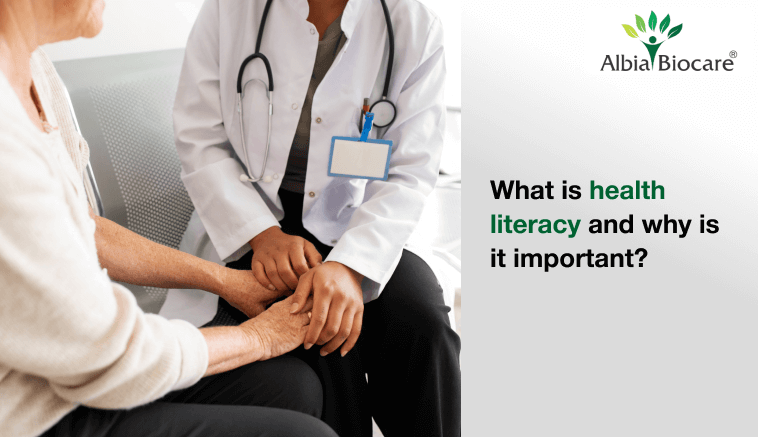
Table of Contents
In today’s fast world, a person needs to understand health information properly to make the right decisions towards his well-being. Therefore, health literacy can be defined as an individual’s ability to access, understand, and apply health information to make appropriate health decisions. This is something more than being able to read pamphlets or medical instructions and understanding what medication labels mean. It includes knowing how the healthcare system works and which preventive care measures are to be followed. Despite its significance, low health literacy remains a widespread issue that affects healthcare outcomes globally.
The Importance of Health Literacy
Health literacy plays an essential role in health provision since it affects nearly every single service: from medication use and preventive services to disease-specific treatment adherence. Here are some of the significant reasons why is health literacy important:
- Increased Hospitalisation:
Poor health literacy results in poor knowledge of conditions and treatments for illness. This causes increased complications or even readmission into the hospital. For instance, a patient who cannot understand prescription instructions will end up misusing drugs, leading to varied side effects or worsened conditions. Improved health literacy would cut the rate of hospital admissions while releasing some burden off busy medical facilities. According to the National Institutes of Health, poor health literacy is directly linked with more frequent hospitalisations and poor health outcomes.
- Empowering Patients
Health literacy empowers the patient to take charge of their health. When patients are aware of medical terms, procedures, and outcomes, they can enter into meaningful discussions with their care providers. This allows for the ability to share in the decision-making process, where a patient is confident in their health management. Educated patients are likely to adhere to treatment, thus leading to better results and an improved quality of life.
- Poorer Health Management
The other factor of low health literacy is strongly related to poor care management of conditions such as diabetes, hypertension, and asthma. For a patient, who experiences lower health literacy levels, managing his or her symptoms and following the assigned treatment is tough, causing complications in these cases like early death, and miserable living standards. This equips a patient to use the necessary tools and means that result in managing conditions successfully to cut off long-term costs for health systems.
- High Burden of Disease
The prevalence of preventable diseases increases in areas with low health literacy. Lack of awareness about symptoms, risk factors, and preventive measures often leads to late diagnosis and treatment. For instance, when people are not well aware of how regular screenings can help catch serious illnesses early, then people might miss the early signs of a major disease like cancer. According to the World Health Organization, “Health literacy directly reduces the worldwide burden of preventable illnesses by encouraging early diagnosis, prevention, and better lifestyles.”
- Reduced Utilisation of Preventive Services
Preventive services, such as immunisations and periodic check-ups, also contribute significantly to public health. The ones with a limited understanding of health are, however, less likely to access these services. People would avoid going for preventative care because of common myths or misunderstandings of the benefits. Health literacy in its own right raises awareness and an understanding of things, thus, improving health literacy is responsible for the large-scale uptake of preventive measures, and therefore it lowers the cost of health care and enhances the population’s health.
Conclusion
Health literacy is a very critical factor in achieving better health outcomes, reducing healthcare costs, and helping individuals lead healthier lives. Its achievement requires a concerted effort from healthcare providers, educators, and policymakers to overcome challenges in health literacy.
Being one of the top PCD Pharma distributors in India, we realise that health literacy is essential to healthy living. For us, wellness is more than high-quality pharmaceutical products and more towards enabling healthy decisions and preventive care.
Let’s build a future where everyone has the tools they need to make informed health decisions.






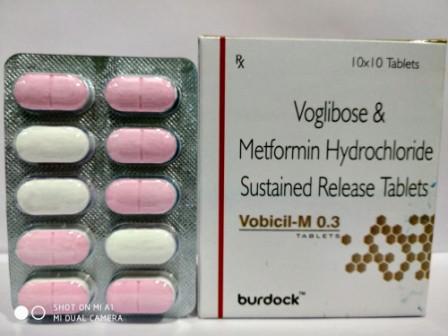
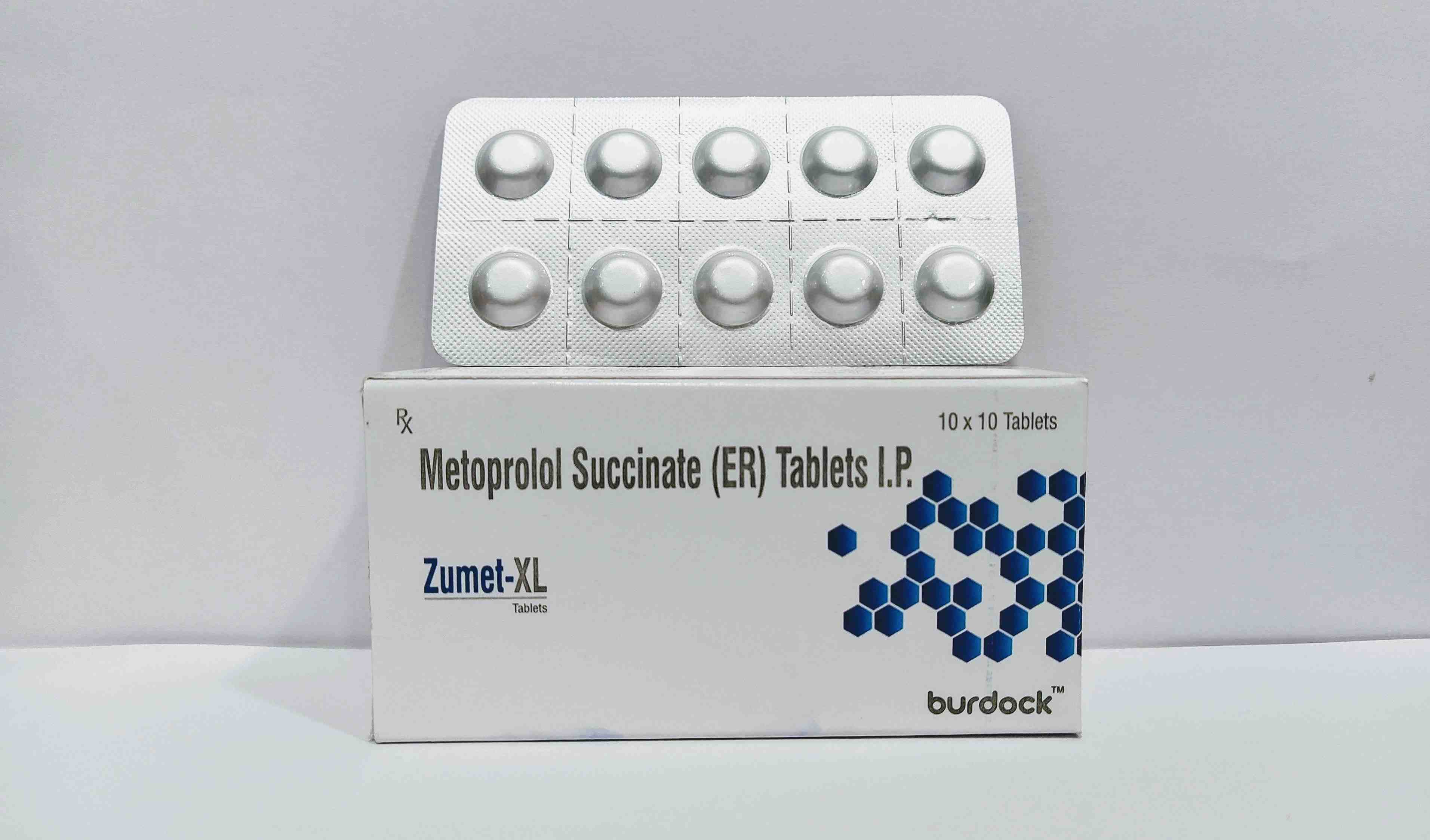















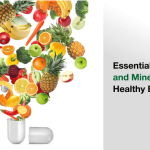




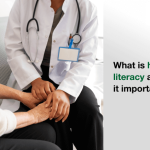

Leave a Reply